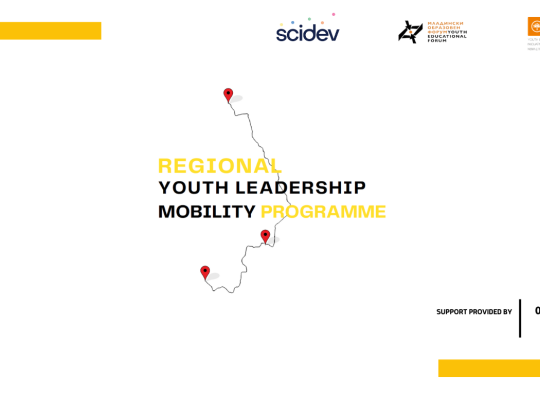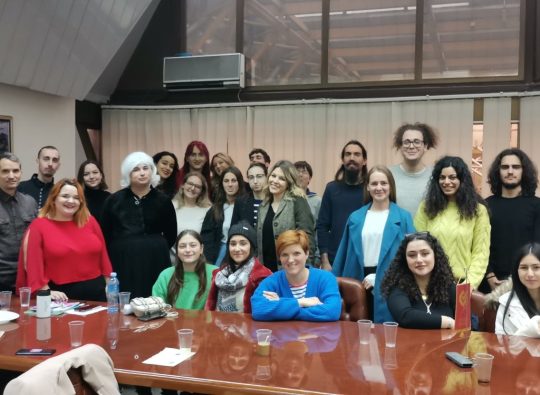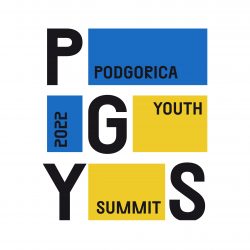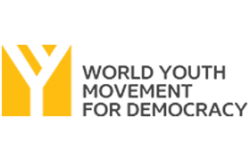The regional exchange program should be conducted through a distinct body whose task would be to bring closer the young people who were born in the post-conflict countries of the Western Balkans that are still burdened by the events of the recent violent past. In contrast to the numerous initiatives of the civil society that have connected young people for decades through the programs of cross-border cooperation, this regional body should be established and financially supported in its work by the governments of the countries in the region. The inspiration for setting up such body stems from the experience of the Franco‑German Youth Office that was set up after World War II to reduce prejudice and barriers that existed between the youth of the two states, and that has been successfully operating for over 50 years.
In the first half of the year Initiative organized a series of meetings with representatives of institutions in Serbia and Kosovo, and it spoke with the president of Croatia Ivo Josipović. Meanwhile, at the Conference on the Western Balkans held on August 28thin Berlin, the prime minister of Serbia Aleksandar Vučić announced the establishment of a youth association based on the experience of the Franco-German Youth Office.
Although news of the prime minister Vučić’s plan to set up a regional body whose task would be establishing cooperation among the young people from the former Yugoslav republics was a topic of media coverage in Serbia, there lacked media reports on how this idea was accepted in the region. Initiative considers it necessary in the process of establishing such body to include the state governments from the beginning, because without their participation the true regional character of this body is lost. Therefore, by the end of October representatives of the Initiative will meet with the institutions and political parties in Croatia, Montenegro, Kosovo, Serbia and Bosnia and Herzegovina and talk to them about the readiness to take part in setting up such body for youth exchange.
Additionally, although there is no tradition of cooperation of the non-governmental sector and the state institutions in the countries of the former Yugoslavia, Initiative considers it important to include civil society organizations that gained enormous experience working on programs of bringing the young people in the region together in the last three decades in the process of setting up a regional body that will work with the youth form various post-conflict countries.
Since its foundation in 2003 Initiative has been working intensively on establishing links among the post‑war generations in the countries of the former Yugoslavia. More than 15 thousand young people took part in various programs in Croatia, Bosnia and Herzegovina, Kosovo, Macedonia and Serbia that had the aim of meeting the peers from other former Yugoslav republics. By working on implementation of these projects Initiative developed a wide network of contacts with other organizations in the region, and gained additional experience with the South Eastern Europe Initiative of the Franco-German Youth Office.
Directors of the Youth Initiative for Human Rights will speak at the conference:
- Anita Mitić, Serbia
- Alma Mašić, Bosnia and Herzegovina
- Edin Koljenović, Montenegro
- Mario Mažić, Croatia
- Edona Tola, Kosovo












